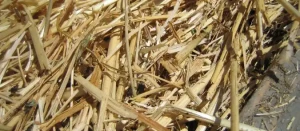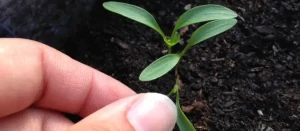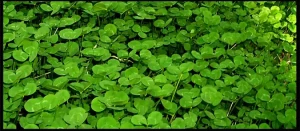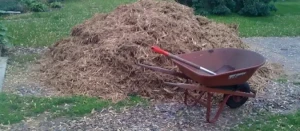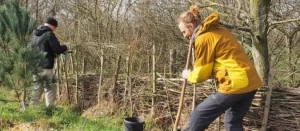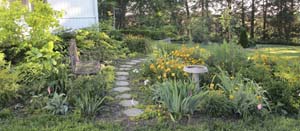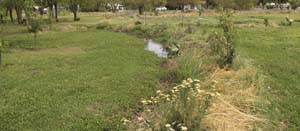SEARCH RESULTS > ARTICLES > Leaves
The no-dig method, also known as no-till gardening, is a sustainable and organic approach to cultivating vegetables without disturbing the soil structure. This gardening technique has gained popularity among gardeners due to its numerous benefits for soil health, plant growth, and overall garden productivity. Unlike traditional gardening methods that involve tilling, digging, and turning the soil, the no-dig method emphasizes minimal soil disturbance. Instead of breaking up the soil, gardeners layer organic materials on top of the ground to create nutrient-rich soil beds where plants can thrive. By implementing the no-dig method, gardeners can improve soil structure, enhance soil fertility, and promote beneficial soil organisms such as earthworms and microorganisms. Additionally, this approach helps to conserve water, reduce weed growth, and minimize soil erosion. Learn More
Starting seeds indoors is a rewarding way to kickstart your spring garden. By sowing seeds indoors, you gain greater control over the germination process, extend your growing season, and ensure stronger, healthier plants when it's time to transplant them outdoors. Whether you're a seasoned gardener or just starting out, this comprehensive guide will walk you through the steps to successfully start seeds indoors and set the stage for a bountiful garden. Learn More
Cover crops are an essential aspect of sustainable gardening. These crops, also known as green manure, are planted primarily to improve soil health, enhance fertility, control weeds, and prevent erosion. Learn More
If the chill of winter begins to wane and the first signs of spring emerge, gardeners eagerly anticipate the opportunity to revitalize their garden beds. Transitioning from winter to spring requires careful attention to cleaning and preparing garden beds to ensure a successful growing season ahead. Learn More
Mulching is a fundamental practice in gardening that offers a multitude of benefits to both plants and soil. Whether you're a seasoned gardener or just starting out, understanding the principles and techniques of mulching can greatly enhance the health and beauty of your garden. Learn More
Edible forest gardens, rooted in the principles of permaculture, offer a sustainable and regenerative approach to gardening that mimics the structure and function of natural ecosystems. These gardens are designed to be not only beautiful but also productive, providing a diverse range of edible plants while enhancing ecological balance. In this article, we explore the concept of edible forest gardens and delve into the permaculture practices that make them flourish. Learn More
Gardening has long been recognized as a therapeutic and fulfilling activity, offering a myriad of benefits for both the body and the soul. In the hustle and bustle of modern life, finding moments of tranquility is essential for our well-being. Creating a serene herb garden provides not only a visual feast but also a sanctuary for relaxation and joy. Learn More
Permaculture gardening is all about sustainable and regenerative practices, and one crucial aspect is water management. Efficient water harvesting techniques can help you make the most of this precious resource, ensuring a thriving and resilient permaculture garden. Here are some effective water harvesting methods to consider for your permaculture oasis. Learn More
